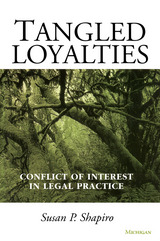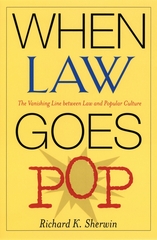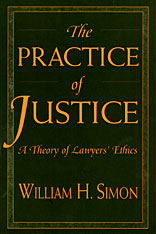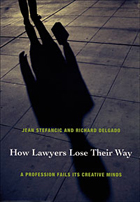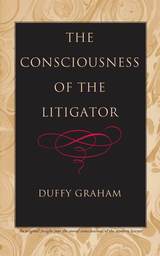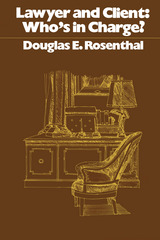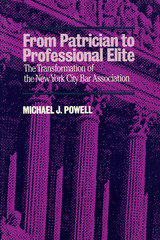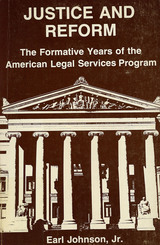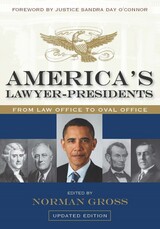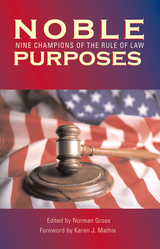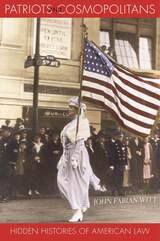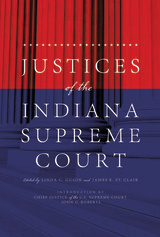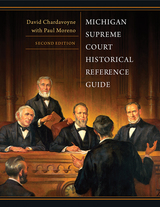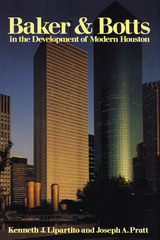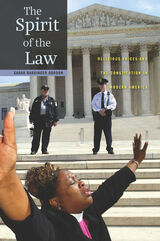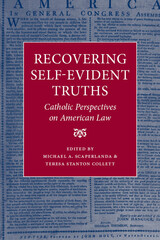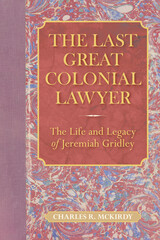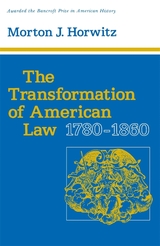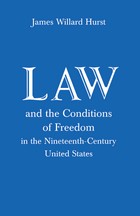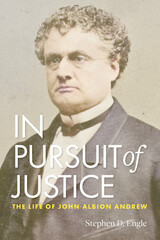Cloth: 978-0-674-03346-7
Library of Congress Classification KF352.T73 2009
Dewey Decimal Classification 349.73
During his career at Harvard, Morton Horwitz changed the questions legal historians ask. The Transformation of American Law, 1780–1860 (1977) disclosed the many ways that judge-made law favored commercial and property interests and remade law to promote economic growth. The Transformation of American Law, 1870–1960 (1992) continued that project, with a focus on ideas that reshaped law as we struggled for objective and neutral legal responses to our country’s crises.
In this book, Horwitz’s students re-examine legal history from America’s colonial era to the late twentieth century. They ask classic Horwitzian questions, of how legal doctrine, thought, and practice are shaped by the interests of the powerful, as well as by the ideas of lawyers, politicians, and others. The essays address current questions in legal history, from colonial legal practice to questions of empire, civil rights, and constitutionalism in a democracy. The essays are, like Horwitz, provocative and original as they continue his transformation of American legal history.
See other books on: 1938- | Bilder, Mary Sarah | Hadden, Sally E. | Hamilton, Daniel W. | Transformations
See other titles from Harvard University Press

